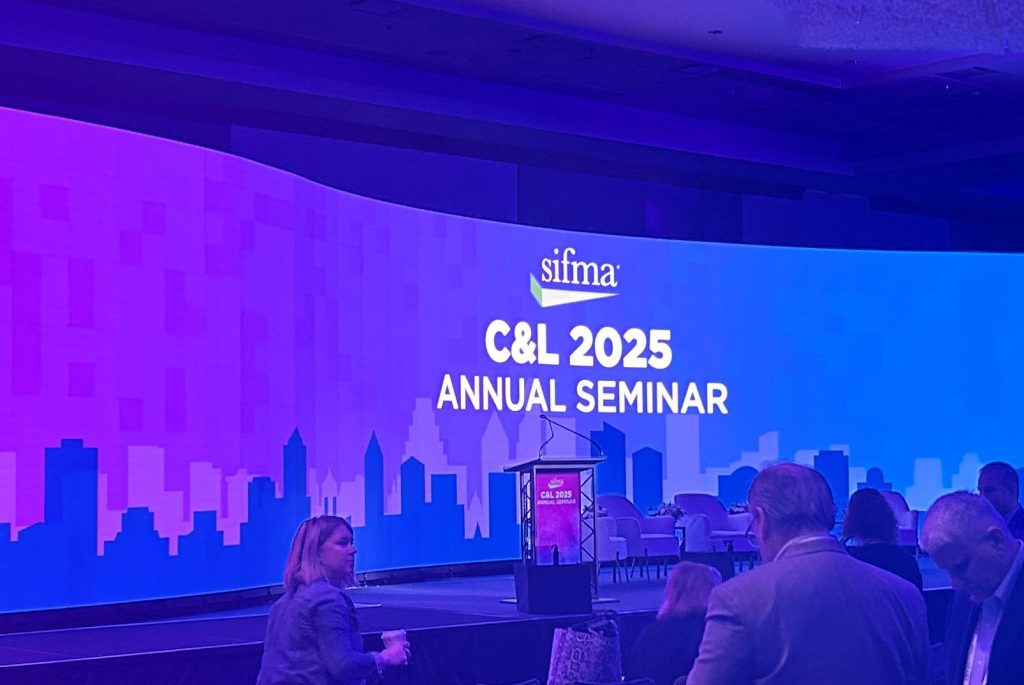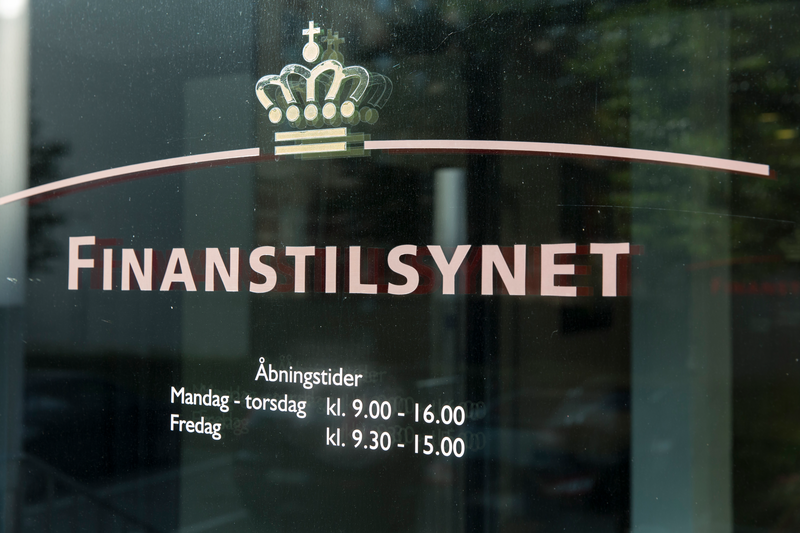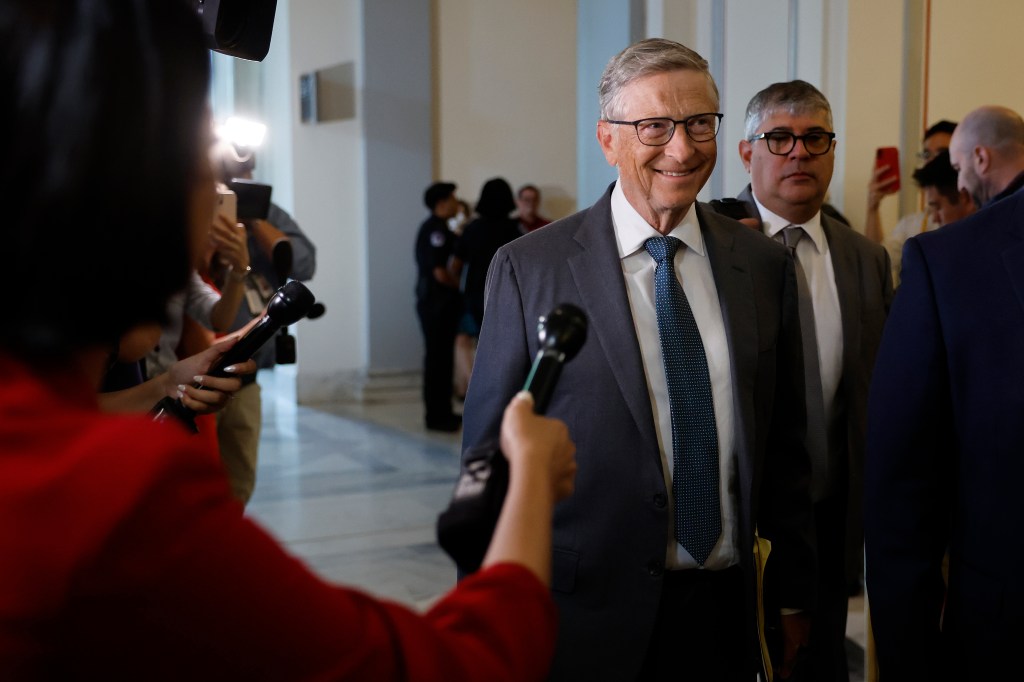Officials from the FTC, the DOJ’s Antitrust Division, the European Commission and the UK’s Competition and Markets Authority have released a joint statement on anticompetitive risks in the generative AI market. It emphasized the possibility that big industry players might crowd out smaller companies due to their existing footprints, connections, and access to critical technologies.
While the statement notes generative AI’s transformative potential, it also addresses how the nascent industry is at an “inflection point,” where monopoly and monopsony risk cannot be overlooked. The authorities stressed the need for smaller AI companies and startups to contribute to innovation.
While the letter does not discuss how generative AI would be regulated under the respective anti-monopoly laws of each country, it does provide a broad discussion of key risk areas and tactics for mitigation.
Areas of concern
The joint statement sets out three related areas of concern for generative AI fair market competition:
- “Concentrated control of key inputs.” As it stands, generative AI platforms are reliant on substantial computing power to train AI on large quantities of data. These computational assets are often difficult to produce and maintain, making the barrier for entry into the market high. AI’s reliance on hardware is so specific that Mustafa Suleyman, co-founder of Google’s DeepMind, even suggested that governments limit the sale of vital GPU chips like those produced by NVIDIA to responsible actors.
- “Entrenching or extending market power in AI-related markets.” On a broader level, companies that are developing generative AI platforms often already have their feet in related markets. This extends the use and viability of their products relative to newer companies that existing lack channels for product integration.
- “Arrangements involving key players (that) could amplify risks.” Because many companies producing generative AI will be well resourced, they will be well connected too. The joint statement outlines how this could be used to enter into classical anticompetitive systems, such as resource and information sharing. The statement also noted the ability for AI to be used as a tool to inhibit competition in other industries, such as to unfairly collect and share customer data and fix prices.
Solutions
While the agencies admit that the bulk of efforts needed to ensure competition will be specific to each sovereign, it also proffers several general principles to uphold to encourage competition in the generative AI industry: general fair dealing, platform interoperability, and customer choice.
To maintain these principles, the agencies will scrutinize assertions that interoperability diminishes privacy, lock-in policies that would discourage clients going to other providers, and industry agreements that might be sidestepping merger enforcement.













